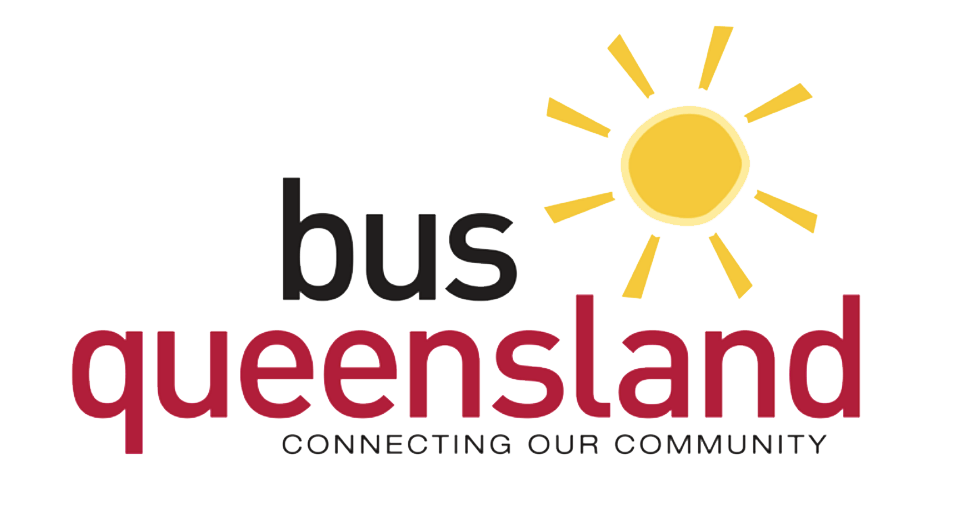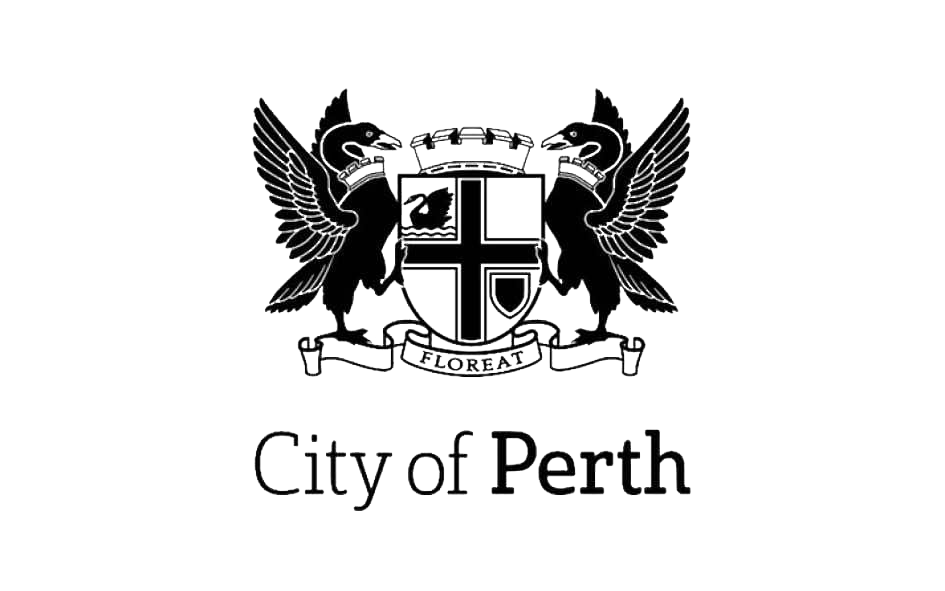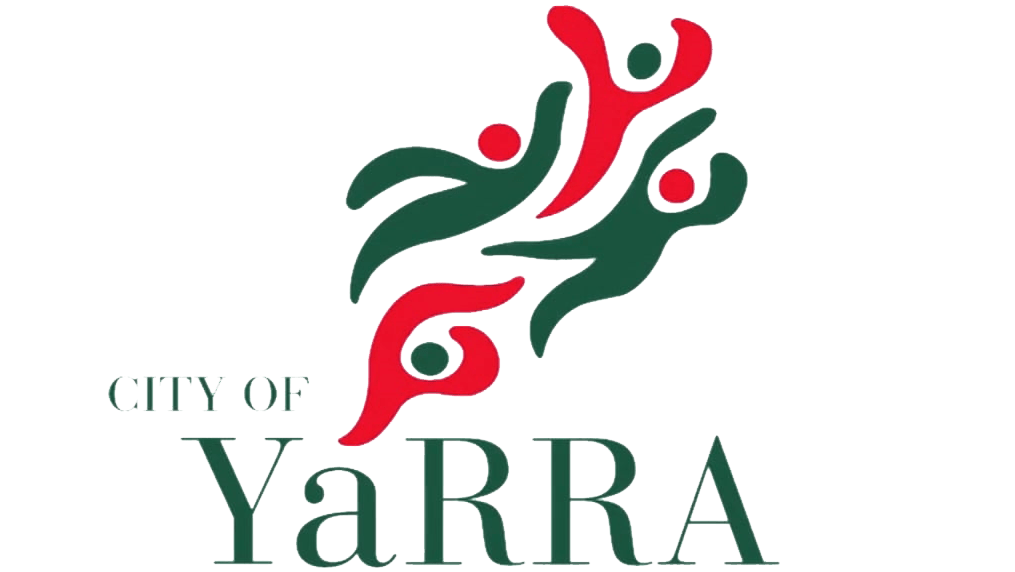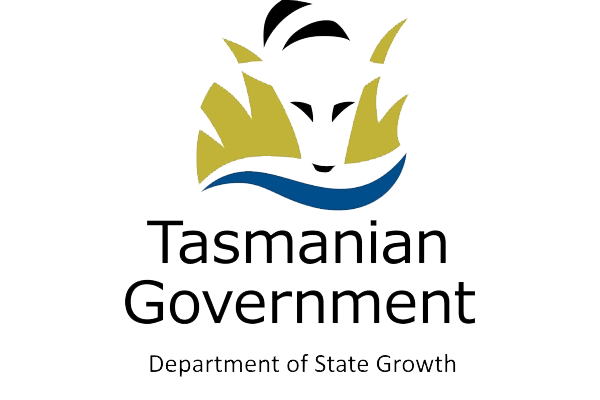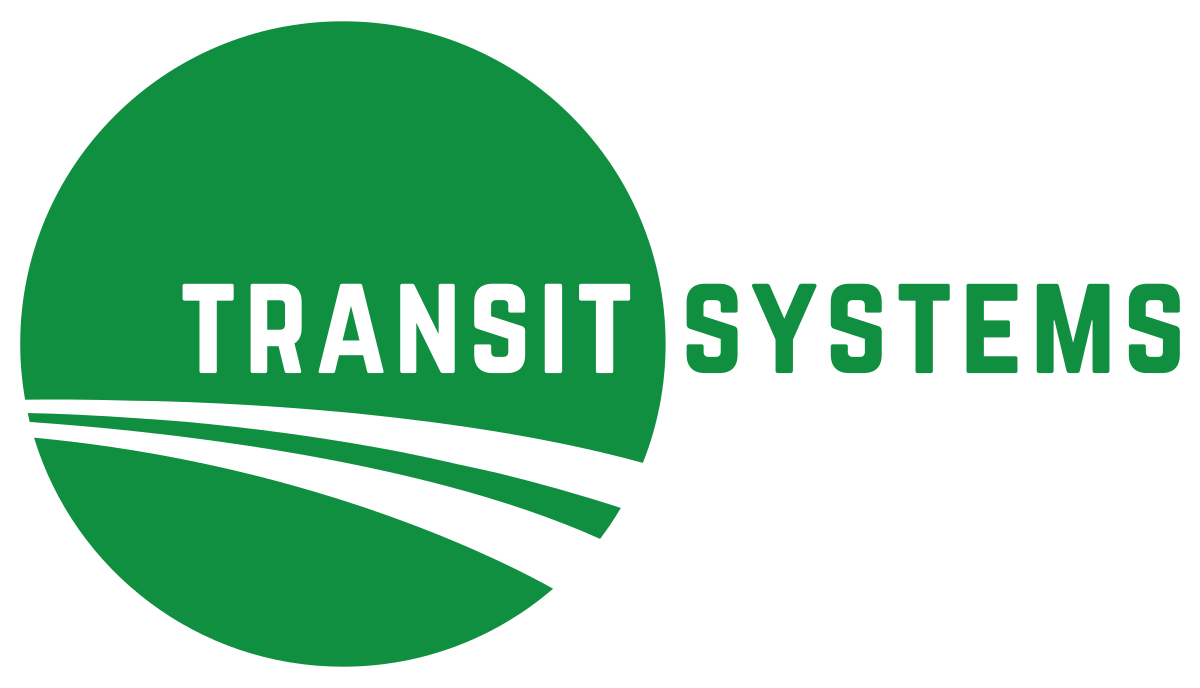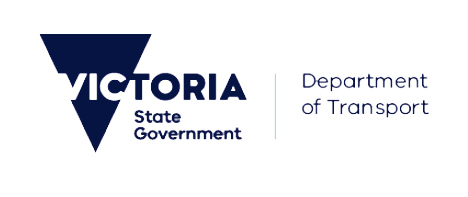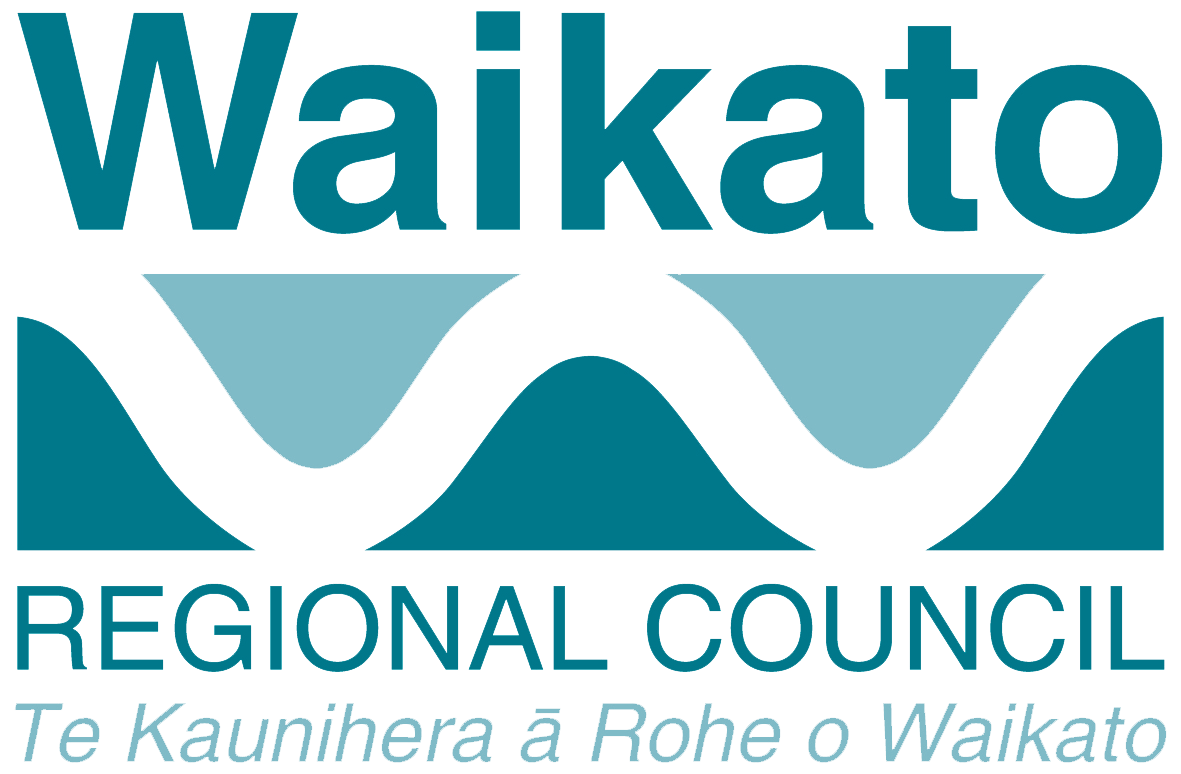Project Description
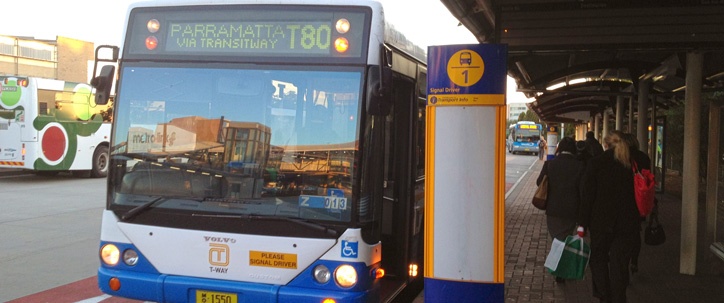
The NSW government conducted a competitive tendering process for bus services in four regions in Sydney during 2012 and 2013, with the aim of consolidating the regions and improving service quality and efficiency. Phillip Boyle & Associates provided bid expertise and support to ComfortDelGro Cabcharge (CDC) for three contract regions for Sydney bus services: Tranche 1, comprising Regions 1 and 3 (involving multiple operators) and Tranche 2, comprising Region 4.
CDC won the hotly contested Region 4 contract, which is Sydney’s largest operation, with over 500 vehicles across 60 routes. The region covers Sydney’s rapidly growing northwest area. Services are provided by a mix of unique service offerings, including Transitway/BRT, CBD commuter express, local feeder and regional Metrobus routes.
Highlights
Phillip Boyle & Associates supported development of highly competitive and effective operating bids and assisted CDC (operating as Hillsbus) in successfully securing the Region 4 contract.
Our work identified substantial efficiency gains, while providing service quality improvements and increased services (26 new buses on day 1 and extra bus services on 17 key routes). Some of the many service enhancements are detailed in Transport for NSW’s press release.
We used the HASTUS ATP and NetPlan tools to enhance service quality, including even spacing of services on common corridors and improved running times, and improve service reliability.
Other highlights included our sophisticated approach to depot optimisation to ensure that CDC’s depot strategy was cost-effective and provided optimal service outcomes. Our solutions to improve operations through the heavily congested Parramatta interchange were innovative and realistic.
Scope of Works
Key Tasks
Phillip Boyle’s role centred on providing advice as to whether the proposed infrastructure improvements would provide the additional or necessary capacity increases to achieve Railtrack’s required outcomes. Issues analysed by Phillip Boyle during the upgrade included:
- Signalling options
- Track layouts
- Platform capacities and use
- Train operating speeds
- Passenger–freight train interaction
- Service stopping patterns.
Key Challenges
The scale and complexity of the ECML operation provided numerous challenges for the operational planning tasks. The UK’s intercity rail network includes a range of different service types covering a highly complex interrelated network.
The commercial nature of the Railtrack contracts, through which ‘slots’ are sold to operators, meant that optimal planning had real commercial benefits.
The integration of operational planning with commercial imperatives for the infrastructure projects presented a further set of challenges, as options for proposed infrastructure had to be robustly assessed for likely benefits.
The contractual arrangements were also highly complex (one main player operated the London–Edinburgh line, while other franchises operated along the ECML or crossed it) and imposed constraints on solutions.

